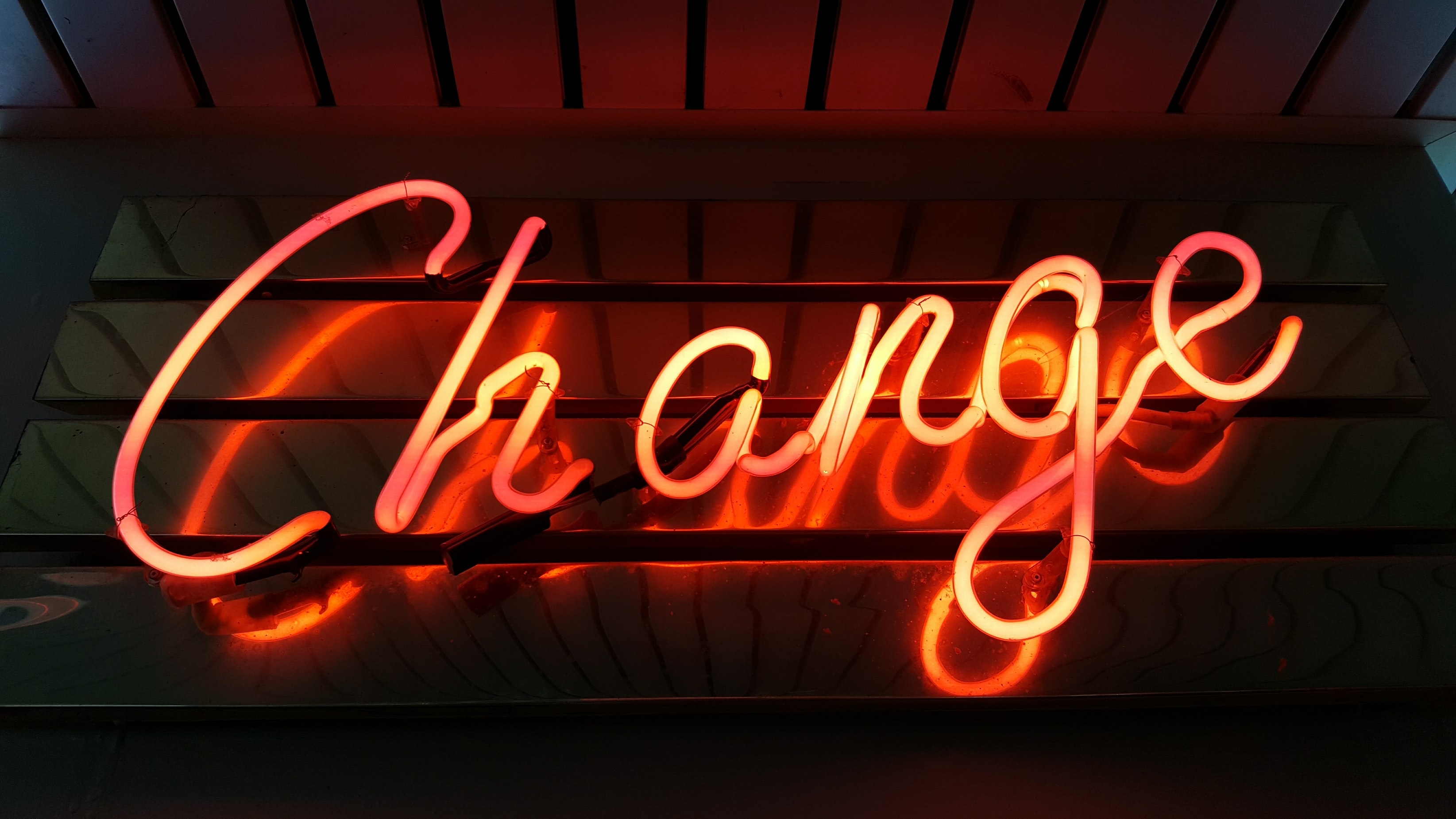
“A work is never completed, but merely abandoned.”
—Paul Valéry
Hello, readers—hello writers!
Wow, what a DAY. 🎊🙌🍾 A few hours ago, we announced that we are ready to welcome five new writers to our collective! The first new Every writer of the Fall ‘21 batch is Adam Davidson of The New Yorker and creator of NPR’s Planet Money podcast, and author of the book The Passion Economy: The New Rules for Thriving in the Twenty-First Century. We’re looking for four more writers to join him!
Read the post Write With Every to learn all you need to know about what we’re looking for, how we work with writers, and what you need to do to submit.
And don’t forget: the submission process can easily get intimidating no matter how much experience you have, so please tweet at us if you think others might benefit from your question, or reach out to me directly at rachel@every.to. I got you.
But I’m scared
Now, one of THE MOST common concerns about submitting is of course: how do I know when I’m ready to press send?
There’s no taking it back!
OMG, this is it!
Hitting “submit” can be even more psychologically final-feeling than hitting the “publish” button. After all, even published posts can be edited later on, corrected for clarity, followed up, etc. But a submission? Not much you can do once it’s done.
I am not trying to freak you guys out, just speaking from experience and all of #writertwitter:
So, given that we’re all already feeling freaked out over how to know when to press the unpressable button, I want to take this opportunity to revisit a very short older post I wrote on the idea of process over product, as a reaction to a book I was working on at the time that dealt a lot with product-market-fit.
Backstory
Let me tell you a little bit more about that before we read it.
This week, I’m hanging out in Brooklyn with my great pal, former boss, and Friend of Every Andy Sparks!
Andy’s a 3-time founder and author who found his path in coaching startup leaders—keep an eye out for his excellent primer on coaching (what is it? who is it? why?) that we’re excited to share in the coming weeks!
A few years ago, I was Andy’s editor on The Holloway Guide to Raising Venture Capital, for which I was also a co-writer, and I was thinking and talking a lot at the time about product-market fit. I began to conceive of PMF not as product-focused but process-focused; could my understanding of the writing process maybe be a healthy, helpful way of framing the path of a growing company? I wrote a little post for our own newsletter project at the time, Good Work, about how it’s kind of ok and actually great to accept that most things might never feel “finished,” “done,” or “ready.” Instead of praying for perfect, perhaps we could just let go and let good.
In fact, getting stuck waiting for that impossible feeling can make us uninspired and frustrated, and cause us to lose faith in ourselves and our work. But being perpetually unfinished—perpetually unsure, even—can help us keep our egos in check by reminding us to focus on our own ongoing learning. It can also take the pressure off of the (almost always false) expectation that eventually, you’ll make that final adjustment and know for certain that whatever it is is goddamn mothereffing done.
So let’s keep thinking together about how “process over product” might transform all the work you do. How can the writing process help us see other aspects of our work as ongoing learning? Consider this just a little intro to a conversation we’re going to keep having here. I hope these quick paras help those of you who might be new to thinking about the writing process and its many applications—and hopefully take a bit of pressure off if you’re thinking about submitting to us.
Good Work No. 15
This post has been adapted from an original version published by Holloway.
I prefer to think of product-market fit as a continuum, that is, not a single result you’re aiming for, but a continually iterated process—a learning process. Most of my past work in teaching writing and in poetry was a rabid fight against the idea of an “end result”; the purpose of learning, as of writing, is that it’s never finished with you.
There is a difficult freedom that comes in deciding that you will never decide when something is done. Somehow, you have only to decide to keep working, to keep going, nearly like living without believing in an afterlife. What founder or writer wouldn’t be dazzled into conscious recognition by Samuel Beckett’s famous lines in The Unnamable?
“Perhaps it’s done already, perhaps they have said me already, perhaps they have carried me to the threshold of my story, before the door that opens on my story, that would surprise me, if it opens, it will be I, it will be the silence, where I am, I don’t know, I’ll never know, in the silence you don’t know, you must go on, I can’t go on, I’ll go on.”
“I don’t know, I’ll never know.” No shit. But all is not lost. In 1819, the Romantic poet John Keats wrote, “The only means of strengthening one’s intellect is to make up one’s mind about nothing.” Keats’ point in this and other letters was that the more voices we let in, the more experiences we allow ourselves to have, the more we will see that deciding whether any kind of product (poem, idea, app, essay) is right or true or good or done is ultimately the work of ego.
As anyone who’s raised a seed round well knows, eventually, you have to prove that what you said is true or not true, but you have to let go of ego in order to figure it out. Because there is no “decide,” there is only “discover.” You choose, at last and not at all least, to trust the process.
This week’s assignment
I’d like you all to do a little bit of reading this week! I’ll share a lot more readings on process in future posts. This week’s are hand-picked for the entrepreneurs and business folk among us.
- When it comes to process, you can’t do any better than reading John McPhee’s Draft No. 4. Start with the title essay, “Draft No. 4.”
- The thesis of Mitchell S. Jackson’s stunning essay “Opportunity Cost” reveals the true definition of Silicon Valley’s favorite appropriation on process: “hustle.”
- HubStop chief architect Whitney Sorenson penned a really interesting blog posting 2018 on how all this might play out in the engineering world,“Why our engineering leaders focus on product over process.” Rather than separating product and process into two different departments, engineers—the ones who run the process—should have a sense of ownership over what they’re ultimately building.
- “Always remember that the reason you initially started working…” Take a literal minute for David Bowie’s 1997 📹advice to artists.
- When Shell workers started focusing less on the product and more on what it meant to be at work, the accident rate at the company declined by 84%—and their productivity set new records. The NPR podcast Invisibilia shared the story in “How Learning To Be Vulnerable Can Make Life Safer.”
- In an interesting 2013 experiment by Robyn Scott, the scholar, writer, and Apolitical CEO assigned emotions to the tasks she needed to accomplish throughout the day. What sounds like a typical “productivity hack” clearly enlightened Scott to a process-focused workday, led by figuring out the “why to do” before the “what to do.”
- Fun for the excessively curious: You can investigate the origins of the many variations on the Paul Valéry line at the top of this letter. History is also in process.
Bonus writing tip
...for those of you who will not be submitting to Every or anywhere else for that matter:
Song of the Week
Full album time! Take a listen to Sampha’s Process this week. If you’re getting your Every submission ready, this album is the perfect accompaniment. It’s cerebral, a little strange, vibey, illuminating, energetic, moving, moving, moving. Sampha has worked with Solange, Kanye West, Drake, and many other stars. The record won the British artist a Mercury Prize in 2017.
Here’s Sampha’s Tiny Desk concert for even more listening!
Ask Me Anything!
What topics on writing and editing will TLC cover? I want to answer your questions directly! If there’s anything you’ve wanted to ask an editor, or me specifically, please email me at rachel@every.to (or post in the #writing channel if you’re a paid subscriber in our Discord). I won’t be able to respond to everyone directly, but I will choose from your questions to address in this space, and will thank that person by name unless you request to be anonymous. Questions about process, maybe something you’ve heard writers talk about but you don’t know what it means, or even advice stuff like what’s a great book to read when you’re falling in love? or how do I get into poetry? I can’t wait to see what you come up with!
Thanks for reading, my friends! Chat soon.
Rach
Don’t forget to subscribe to get The Long Conversation in your inbox each Monday! Every week you’ll get my answer to a question in writing, reading, and editing, plus writing exercises and prompts, tips and ruminations. Subscribing also gets you access to our Discord and all our newsletters and podcasts, including: Glassy (tech and gender from the majestic Taylor Majewski), Cybernaut (who is the internet, anyway? with brilliant Canadian Fadeke Adegbuyi), Napkin Math (business stuff with Evan Armstrong, the hardest working man in newsletters), Almanack (finance stuff with Nat Eliason, the nicest boy in crypto), Divinations (biz strategy and smartthots™ from Nathan Baschez), Superorganizers (your productivity and feelings center with Dan Shipper), Free Radicals (on leadership, “fuck your institution”-style, with Sherrell Dorsey and Annaliese Griffin), Means of Creation (the creator economy with Li Jin, an actual genius), and more!
Find Out What
Comes Next in Tech.
Start your free trial.
New ideas to help you build the future—in your inbox, every day. Trusted by over 75,000 readers.
SubscribeAlready have an account? Sign in
What's included?
-
Unlimited access to our daily essays by Dan Shipper, Evan Armstrong, and a roster of the best tech writers on the internet
-
Full access to an archive of hundreds of in-depth articles
-
-
Priority access and subscriber-only discounts to courses, events, and more
-
Ad-free experience
-
Access to our Discord community
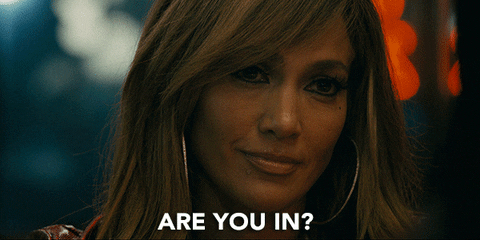
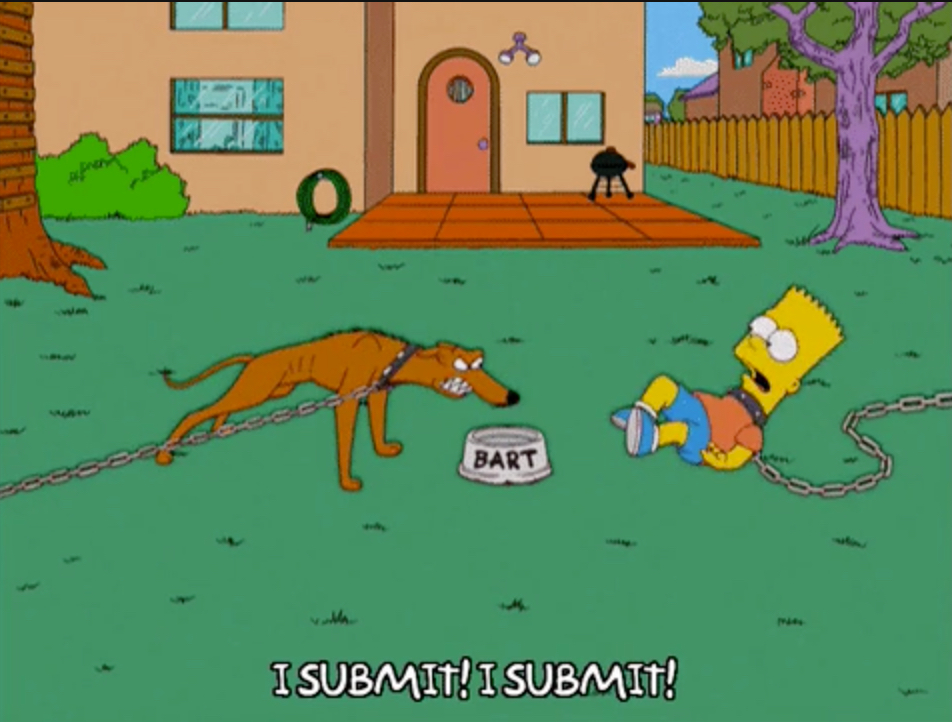

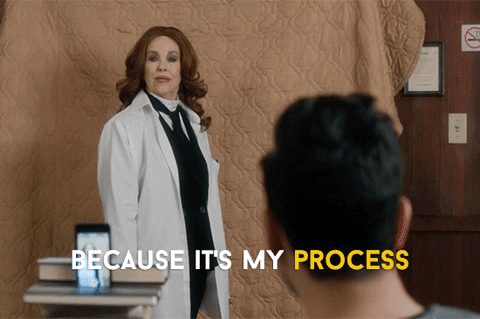
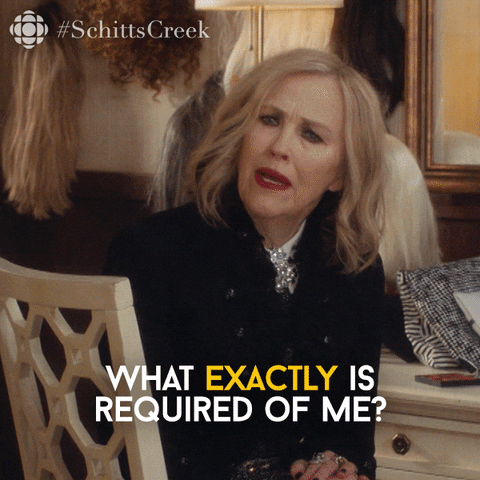





Comments
Don't have an account? Sign up!